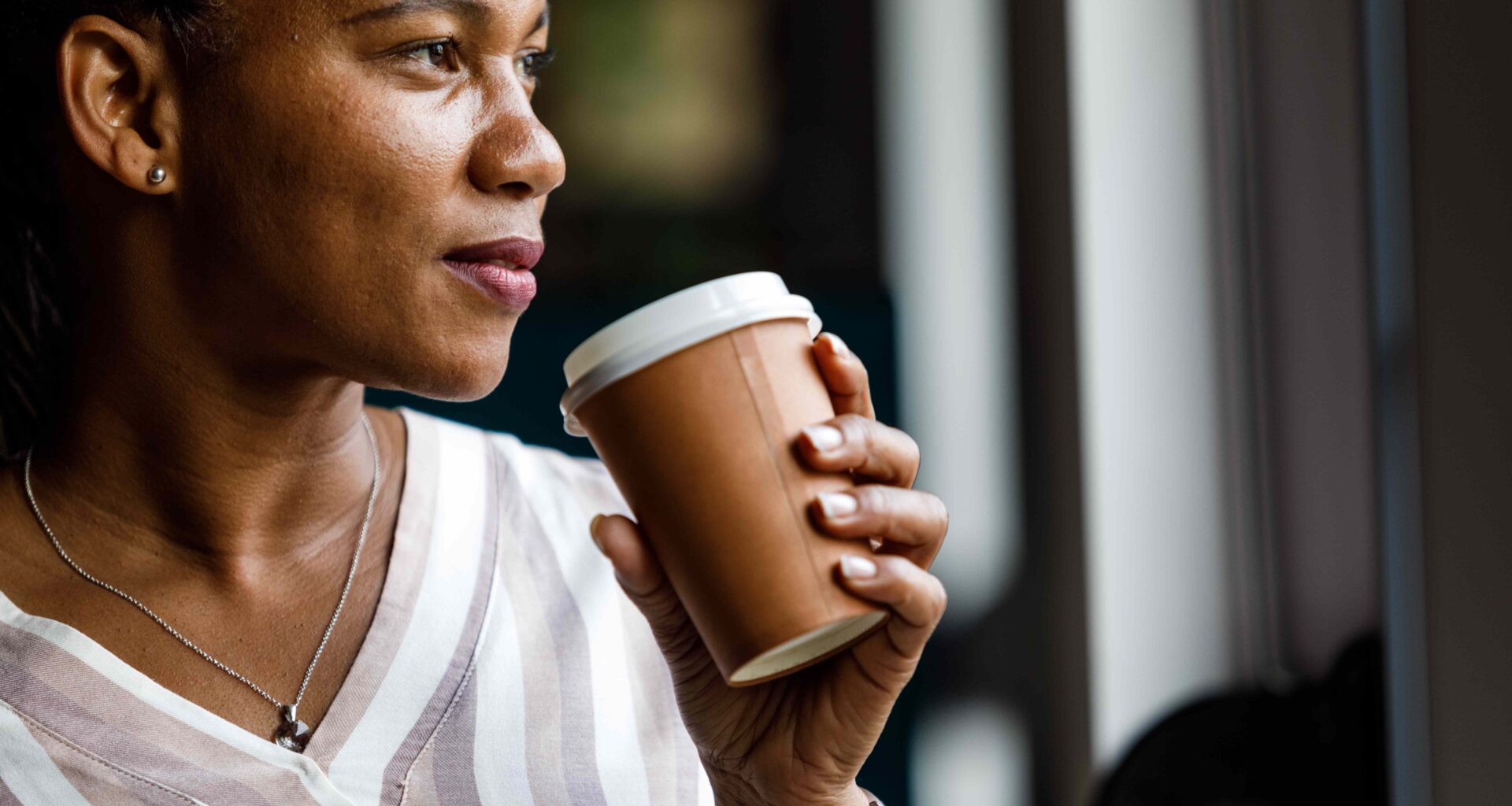You might consume 400 milligrams per day in 4-5 cups of coffee or in two 12-ounce servings of PRIME Energy. This amount is not typically linked to dangerous effects.
How caffeine affects you depends on how your body breaks it down and if you have any conditions. Side effects can include anxiety, insomnia, headaches, or even caffeine overdose.
Consuming around 400 milligrams of caffeine daily is a recommended limit for healthy adults. This amount equates to two 12-ounce servings of PRIME Energy.
There are varying amounts of caffeine in other foods and drinks, which are as follows:
Certain candies, gums, or snacks, per serving: 40-100 milligrams (mg)Chocolate, 1-2 ounces (oz): 8-10 mgCoffee, 6 oz: 75-100 mgEnergy drink, 8 oz: 70-100 mgSoda, 12 oz: 35-45 mgTea, 8 oz: 14-60 mg
Decaf coffee may contain 2-15 mg of caffeine in an 8-ounce serving. This amount is negligible compared to regular coffee and is highly unlikely to affect people.
Decaf coffee still contains the same beneficial compounds as regular coffee without the caffeine. For people who are caffeine-sensitive and like the taste of coffee, decaf can be an option to try.
Alertness and energy can increase after consuming 50-100 milligrams of caffeine. Some people may have more negative side effects with higher amounts of caffeine.
Signs of excessive caffeine intake include:
Dysphoria, or a feeling of unhappinessFrequent urinationHeadacheIncreased calcium in urine due to malabsorptionInsomniaJitters or tremorsNausea or vomitingPainful, lumpy breastsRapid heart rateRestlessness
You can have too much caffeine, even if you do not consume foods and drinks with caffeine. Some supplements and over-the-counter (OTC) medications also contain the substance.
Can Caffeine Make You Anxious?
Caffeine can affect mental health. Dosages roughly equivalent to 5 cups of coffee may induce anxiety and panic attacks. The exact relationship between caffeine and mental health is still not known.
Talk to a healthcare provider if you are unsure how caffeine affects you. Some people may be more sensitive to caffeine’s effects than others. Your reaction depends on how your body breaks it down.
People can have serious side effects of excessive caffeine consumption, such as:
Agitation
Delusional thoughts
Fever
Hallucinations
High blood pressure that turns into low blood pressure
Nausea or vomiting
Rigid muscles
Seizures
Slower heart rate, or bradycardia
Widened pupils
Ways to decrease your energy drink intake include:
Drink more water.Limit your consumption of caffeinated beverages.Switch out your regular caffeine for decaf options.
Unless a healthcare provider recommends otherwise, you do not have to avoid caffeine altogether. There are some benefits to caffeinated products like green tea and coffee. Coffee contains antioxidants and is a source of phosphorus and magnesium.
Try reducing your caffeine intake gradually if you feel like you are having side effects due to consumption. Stopping or drastically reducing your intake can lead to caffeine withdrawal, such as headaches, anxiety, or nervousness.
Most healthy adults can consume up to 400 milligrams of caffeine daily, including from energy drinks like PRIME Energy. The amount considered too much can vary. Some side effects of excessive caffeine intake are jitters, a change in heart rate, restlessness, and an upset stomach.
Limiting caffeine consumption is best as a gradual process. You can do so by substituting or decreasing the intake of caffeine.

